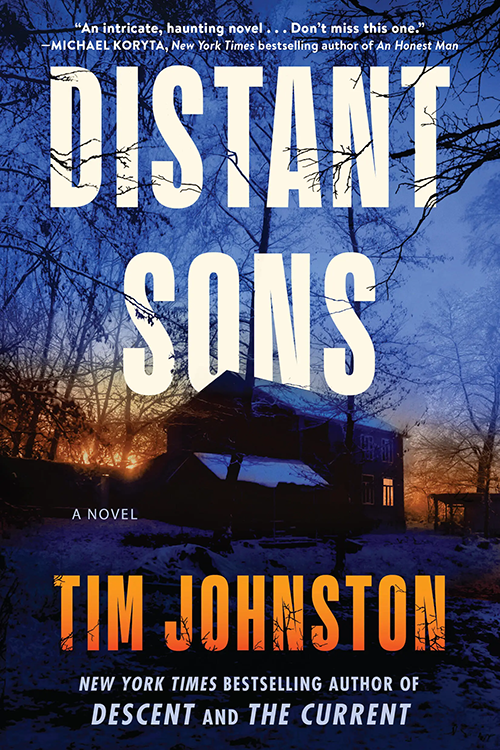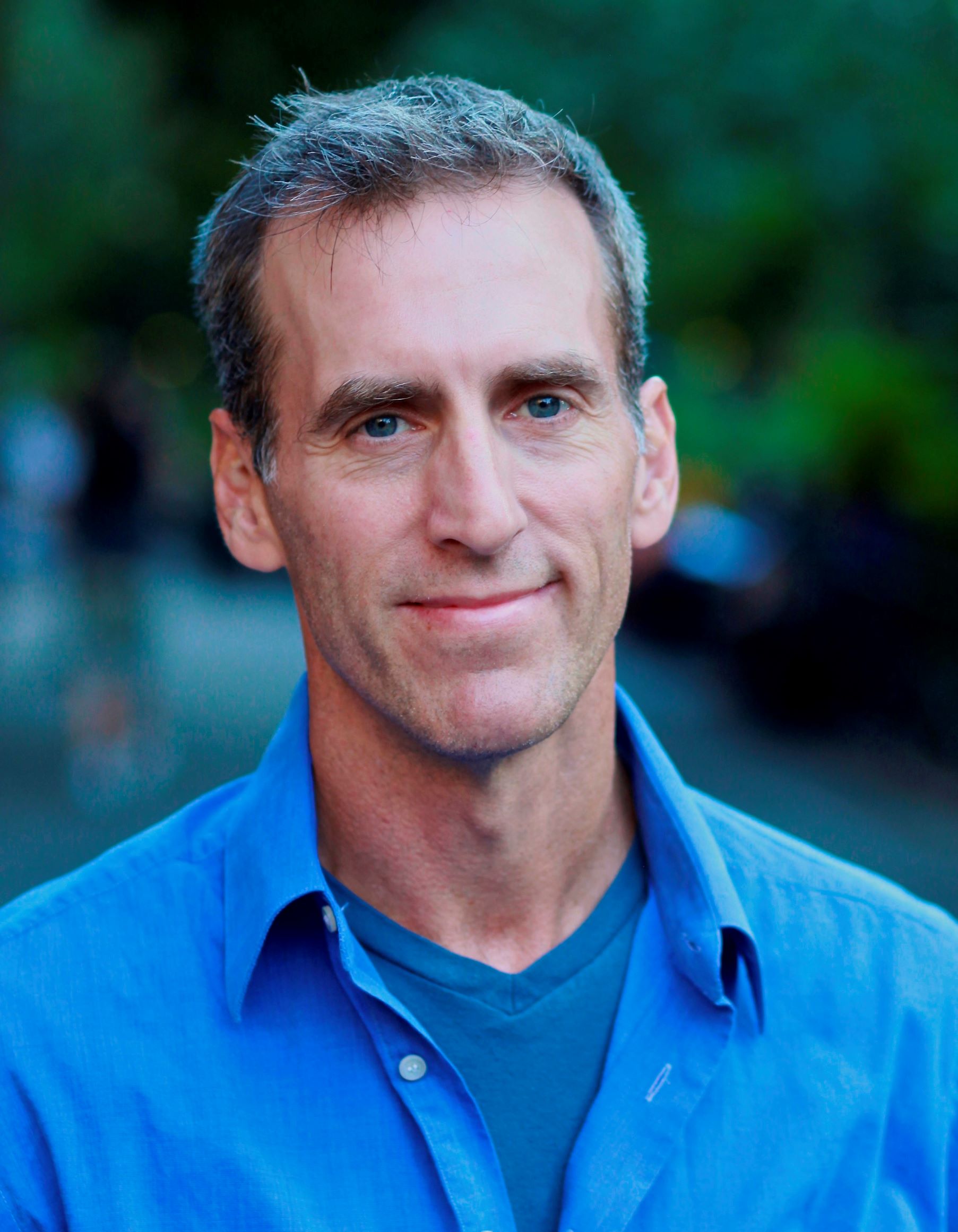 All Iowa Reads Program Resources
All Iowa Reads Program Resources
The 2025 All Iowa Reads selection for adults is Distant Sons: A Novel by Tim Johnston.
About the Book
What if Sean Courtland’s old Chevy truck had broken down somewhere else? What if he’d never met Denise Givens, a waitress at a local tavern, and gotten into a bar fight defending her honor? Or offered a ride to Dan Young, another young man like Sean, burdened by secrets and just drifting through the small Wisconsin town?
Instead, Sean enlists Dan’s help with a construction job in the basement of a local—the elderly, reclusive Marion Devereaux—and gradually the two men come to realize that they’ve washed up in a place haunted by the disappearance of three young boys decades earlier. As Sean and Dan’s friendship deepens, and as Sean gets closer to Denise and her father, they come to the attention of a savvy local detective, Corrine Viegas, who has her own reasons for digging into Dan’s past—and for being unable to resist the pull of the town’s unsolved mystery. And with each chance connection, an irreversible chain of events is set in motion that culminates in shattering violence and the revelation of long-buried truths.
This gripping crime novel is also about friendship, love, and hard work, and about how the most random intersection of lives can have consequences.
Book Discussion Questions
- The characters, both large and small, have many secrets. How do these secrets bring characters together? How do their secrets increase the isolation they feel?
- Discuss the role chance plays in this narrative. For example, how would the story have been different if Sean's truck had broken down somewhere else? What if Marion's washing machine had kept working?
- The story seems filled with ghosts. Discuss how the ghosts and memories of the three missing boys haunt the characters and actions of the story.
- How does the novel portray the struggles of masculinity in the characters, especially in Sean and Dan?
- Explore how the trauma of the past impacts the behaviors and relationships of the characters.
- The novel is set in a small-town, blue-collar area in the upper Midwest. Discuss how this setting may have impacted the decisions made by the characters.
- What do you think is the significance of the title, Distant Sons? Discuss how this setting may have impacted the decisions made by the characters.
- Given the sometimes-harsh nature of the experience of the novel's characters, did you find there was any justice in the story, either poetic or otherwise?
 About Author Tim Johnston
About Author Tim Johnston
Tim Johnston is also the author of the novels Distant Sons, The Current and Descent, the story collection Irish Girl, and the YA novel Never So Green. The stories of Irish Girl won an O. Henry Prize, the New Letters Award for Writers, and the Gival Press Short Story Award, while the collection itself won the 2009 Katherine Anne Porter Prize in Short Fiction. Tim’s stories have also appeared in New England Review, New Letters, The Iowa Review, The Missouri Review, Double Take, Best Life Magazine, and Narrative Magazine, among others. Tim holds degrees from the University of Iowa and the University of Massachusetts, Amherst. A carpenter for most of his adult life, he has also taught creative writing at The George Washington University and the University of Memphis. He is the recipient of the 2015 Iowa Author Award, and currently lives in Iowa City, Iowa.
Find Copies of Distant Sons to Borrow
Find out which Iowa libraries have copies of the book to borrow, or find out how to request sets for discussion groups.
Find in Iowa Libraries:
- Locate Iowa libraries that have copies to lend.
Find on Bridges: Iowa's eLibrary:
Multiple Copies for Discussion Groups:
- For libraries: Each of the six District Offices for the State Library offers a book discussion set for libraries to borrow. Contact your local district office to request a set.